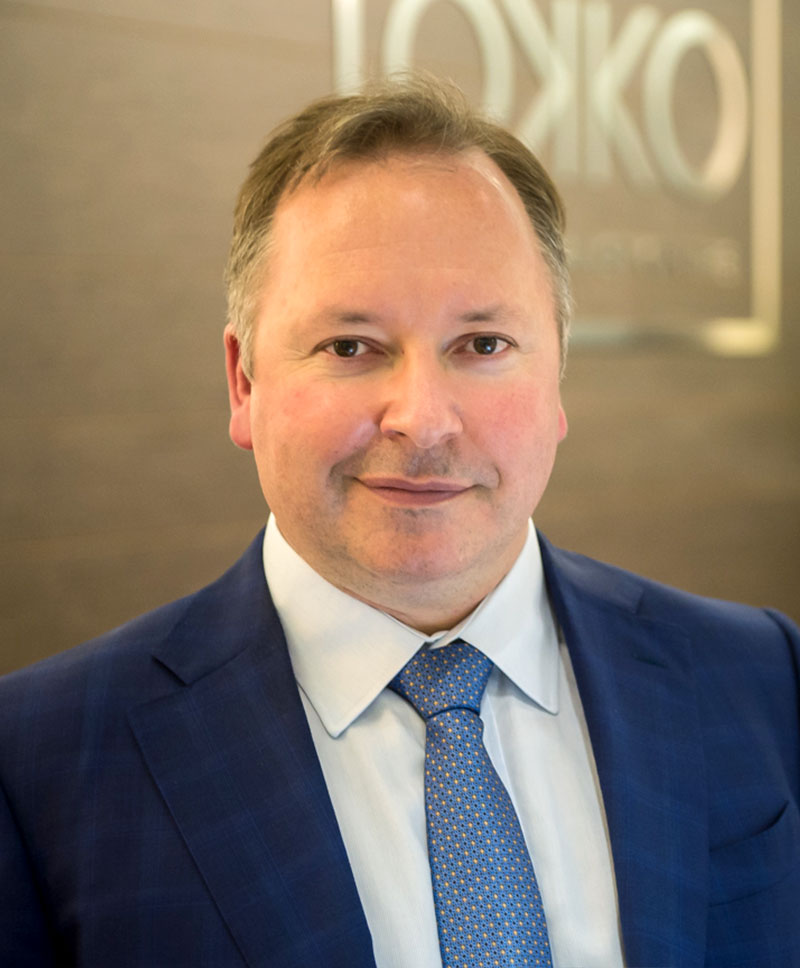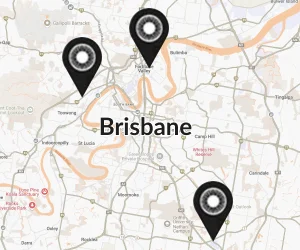
PRK eye surgery for athletes: What you should know
If you’re an athlete dealing with glasses, contact lenses, or the limits of blurred vision, you might be wondering—can laser eye surgery help? At VSON in Brisbane, we often recommend PRK (Photorefractive Keratectomy) for athletes who want freedom from corrective eyewear without compromising performance or safety.
Why PRK eye surgery for athletes is a game-changer1https://www.allaboutvision.com/en-gb/vision-surgery/prk/
PRK is a type of laser eye surgery that reshapes the surface of your cornea to correct vision problems. Unlike LASIK, PRK doesn’t involve creating a corneal flap. This makes it particularly suitable for contact sports and high-impact physical activities where flap-related complications could be a concern.
Athletes often deal with dry eyes caused by wind, sweat, or frequent contact lens use. PRK is associated with a lower risk of post-surgery dry eye symptoms2https://www.allaboutvision.com/en-gb/vision-surgery/prk/ when compared to other vision correction options, making it a safer, long-term solution for active people.
Is PRK better for athletes than LASIK?
In many cases, yes. Both PRK and LASIK can significantly improve vision, but the nature of PRK makes it especially suitable for sports professionals:
- No corneal flap: Reduces the risk of flap-related injury during impact
- More durable for extreme activities: PRK maintains long-term visual acuity, even in rough conditions3 https://pubmed.ncbi.nlm.nih.gov/31830293/
- Lower dry eye risk: A benefit for athletes exposed to wind, dust, or pool water4 https://pubmed.ncbi.nlm.nih.gov/31830293/.
How PRK Surgery Improves Vision Without Compromising Performance
When your vision is clear and stable, you can focus on your performance. After PRK, many patients report improved depth perception, faster reaction times, and sharper visual focus—key advantages whether you're on the field, in the ring, or underwater.
Because PRK eye surgery corrects common refractive errors like short-sightedness, long-sightedness, and astigmatism, it helps you see clearly at all distances, without needing to adjust for glasses or lenses during play.
What to expect before returning to sport
PRK has a slightly longer recovery period than LASIK. Here's what the timeline typically looks like:
- First 3-5 days: A bandage contact lens is worn while the cornea’s surface heals
- First 1–2 weeks: Vision begins to stabilise, but rest is recommended
- After 4–6 weeks: Most people can return to full physical activity, depending on the type of sport and how their eyes respond.
We’ll guide you on activity restrictions during this period to ensure you heal properly and get the best outcome.
Who is not suitable for PRK eye surgery?
While PRK is a great option for many, it’s not suitable for everyone. You may not be eligible if:
- You have unstable prescriptions
- You have severe dry eye that can’t be managed
- You have a history of certain eye diseases or injuries
A full laser vision assessment will determine if PRK is right for you.
Long-term vision gains from PRK for athletes
Once you’ve healed from PRK, you can expect long-term visual clarity, a reduced reliance on glasses, and more confidence in your sport. PRK has been performed worldwide for decades and has helped many athletes achieve their vision goals without compromising their physical performance.
The first step is to find out if you’re suitable. Our laser vision correction team at VSON is here to support you through every step.

Hi, I’m Dr. Matthew Russell, a laser and cataract surgeon
HI I’M DR. MATTHEW RUSSELL A LASER EYE AND CATARACT SURGEON
With over 15 years of experience and over 20,000 procedures performed, I enjoy the privilege of helping patients of all ages reclaim clear vision or preserve it for as long as possible.
Vision correction and high-precision cataract surgery hinge on the expertise and skill set of the provider who also has access to the most precise tools for the job. Ophthalmic surgeons like me know how to make treatment safe, comfortable and positive for the patient. They know how to minimise the risk of complications and maximise successful outcomes.
I have a passion for helping my patients enjoy the clear, high-definition vision they need to live rich and active lives. Now, I have hand-picked a team of professionals that share my passion and commitment to exceptional care.
Dr. Matthew Russell
MBChB, FRANZCO






